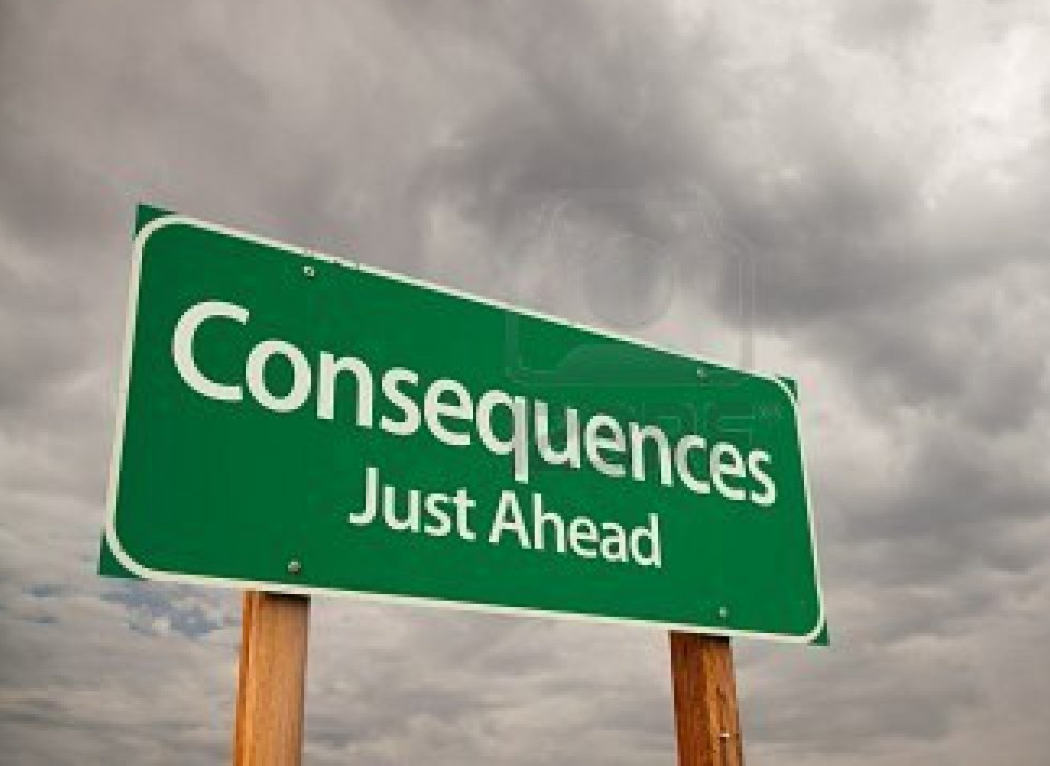Lots of edu-commentators have lots of edu-predictions for 2015. I’ve tried my hand at the forecasting business (relentlessly in some cases), so far be it from me to nitpick all this crystal-balling.

Photo from savethepostoffice.com
But one recurring theme strikes me as wishful thinking: that the 2015 politics of Common Core won’t be so bad.
My Bellwether colleague Andy Rotherham, with whom I often agree, wrote the “biggest debates about Common Core might be behind us.” Similarly, Carmel Martin predicted our “Moving on From Common Core Debates.” She wrote, “for the most part legislators are getting tired of the issue.”
To me, believing this requires turning a blind eye to three enormous facts.
First, Republicans’ 2014 landslide gave the GOP more power in more states than its had in a century. Various news accounts make clear Common-Core repeals will be part of their agenda; indeed, the Washington Post recently reported several pro-Common Core governors expect such fights in the upcoming legislative season.
Second, contra Martin’s view that Common Core has worn out opponents, countless newly elected and veteran Republican officials are itching for this fight. The bile generated by an unaddressed grievance may be the world’s greatest renewable energy source—the fuel for a perpetual-politics machine.
Unfortunately, so many left-leaning Common-Core supporters still fail to appreciate the depth of the right’s principles-based resentment of these standards. The mindset that catalyzed and the process that codified Common Core stoke the philosophical fires warming the largest camps in conservatism.
Burkean conservatives are scandalized that faraway technocrats conjured up new reading and math content standards for America’s kids, discarding standards (and systems for developing standards) that reflected time-tested ideas and approaches and allowed for continuous, localized small-scale course-corrections.
Free-market conservatives detest the idea of a unitary, intelligentsia-blessed system of standards displacing a dynamic, differentiated system that makes use of constantly evolving, widely dispersed wisdom and allows for cross pollination and the continuous organic elevation of superior ideas.
Tenth-Amendment conservatives are aghast that the federal government has insinuated itself into the substance of K-12 schooling, opening the door to who-knows-what other kinds of federal meddling in an area long recognized as the exclusive domain of states.
Rather than addressing conservatives’ intellectually serious concerns, too many proponents, time and time again, have antagonized the right. Skeptics have been told their opposition is a “circus,” just “political,” and “not about education,” and that they must be “comfortable with mediocrity,” “paranoid,” and/or “resistant to change.”
Just weeks ago, Secretary Duncan caricatured opponents as “politicians who want to dummy down standards…to make themselves look good.” The reliably liberal NPR just ran a laudatory piece on the professor from “an elite liberal arts college in Vermont” who authored Common Core math. The world’s most influential philanthropist called the substance of what we teach our kids “a technocratic issue”—that is, a matter for technical experts wielding political power—akin to standardizing electric outlets.
All of this inflames, not enervates, the conservative opposition.
In many states, previous overturn efforts have been beaten back, often narrowly. With more allies in legislatures now, opponents may only need one well-timed event to turn this year’s charge into a rout. The first official administration of Common Core-aligned tests this spring—the third important fact—might prove to be that event.
As with all things gigantic and new, there are bound to be significant implementation glitches, and every indication is that proficiency scores will plummet from coast to coast. Even in a placid political environment, such things would cause angst. In legislative chambers with DEFCON-1 Common-Core bellicosity, they’re the anaconda-squeeze on a hair trigger.
So I won’t be surprised if the most common and most heated state-level legislative fights in the next six months are over Common Core-repeal legislation.
In states that went deep red in November, Common Core may go down. It is entirely too late for proponents to address conservatives’ three principled concerns. Those on the right firmly set against the standards are going to stay that way.
So in places where the vote will be tight, the side able to convince fence-sitting legislators will carry the day. That’s what we should be looking for: Do proponents or opponents have the more compelling, more pragmatic closing argument?
My bet is that opponents talk less about philosophy and more about kitchen-table issues, invoking all of the “commotion” Common Core has caused for teachers, parents and students. The refrain will be, “It’s time to bring back (insert state name) standards for (insert state name) students and teachers.” Proponents need an updated advocacy playbook. The political terrain of 2010 and 2015 are very, very different.
I don’t know where Common Core will stand in January 2016. But I’m convinced the next year will be its most difficult. Supporters would be wise to gear up for, not wish away, the coming fights.